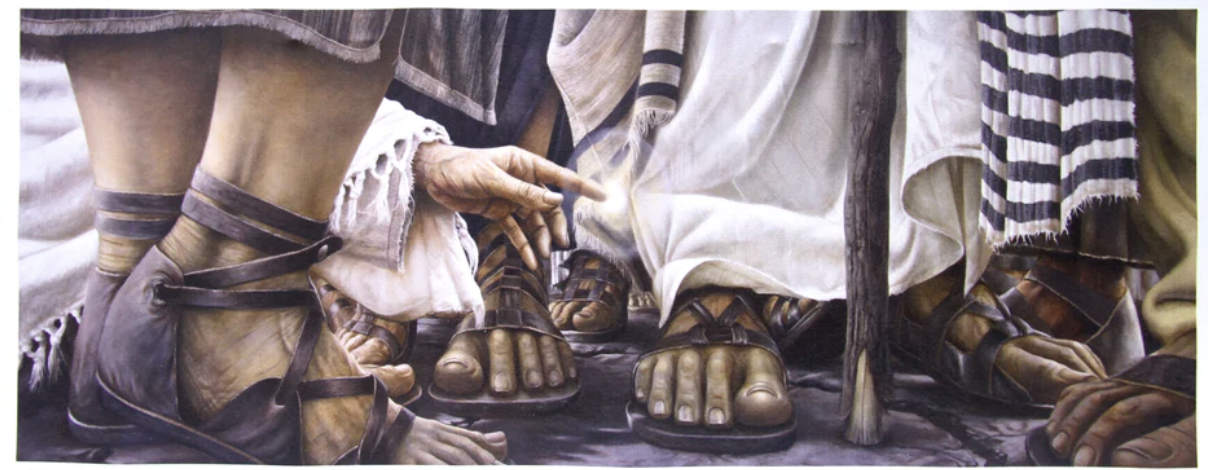Jan 20 2024 13 mins 5
This week Mandy discusses the distinction between belief and knowledge and examines the heights and depths of "knowing."
1 Ne 8:10 And it came to pass that I beheld a tree, whose fruit was desirable to make one happy.
11 And it came to pass that I did go forth and partake of the fruit thereof; and I beheld that it was most sweet, above all that I ever before tasted. Yea, and I beheld that the fruit thereof was white, to exceed all the whiteness that I had ever seen.
12 And as I partook of the fruit thereof it filled my soul with exceedingly great joy; wherefore, I began to be desirousthat my family should partake of it also; for I knew that it was desirable above all other fruit.
"We wanted life, however high the cost. We suffer because we were willing to pay the cost of *being* and of being here with others in their ignorance and inexperience as well as our own. We suffer because we are willing to pay the costs of living with laws of nature, which operate quite consistently whether or not we understand them or can manage them. We suffer because, like Christ in the desert, we apparently did not say we would come only if God would change all our stones to bread in time of hunger. We were willing to *know* hunger. Like Christ in the desert, we did not ask God to let us try falling or being bruised only on condition that he catch us before we touch ground and save us from real hurt. We were willing to *know* hurt. Like Christ, we did not agree to come only if God would make everyone bow to us and respect us, or admire us and understand us. Like Christ, we came to be ourselves, addressing and creating reality. We are finding out who we are and who we can become regardless of immediate environment or circumstances.”
From Francine Bennion’s: “A Latter-day Saint Theology of Suffering”
Art: ENCOUNTER Painted by Daniel Cariola from a chapel mural in Magdala, Israel
